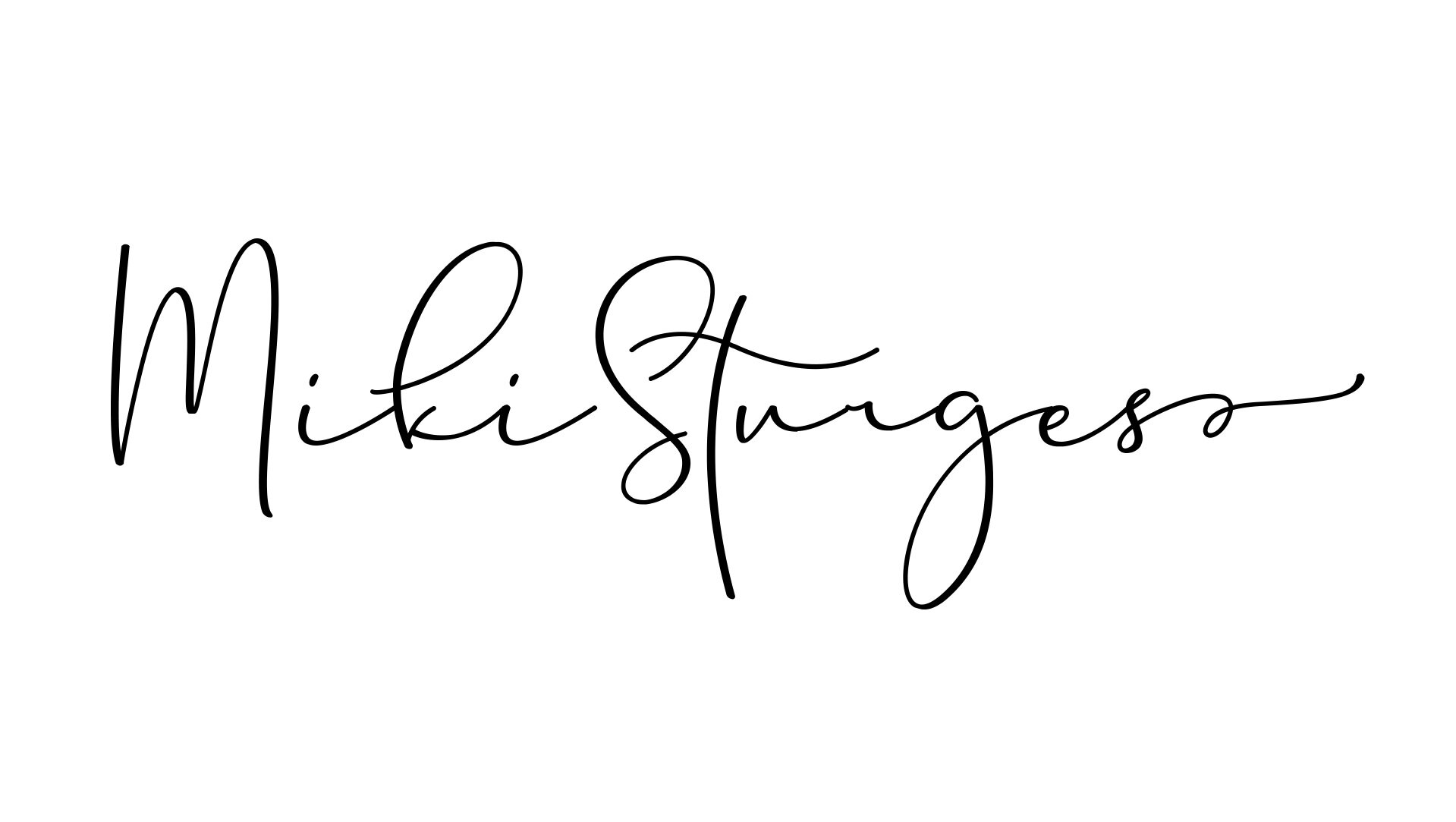Have you thought about ‘Emotional Eating’?
Guest Post by : Alegra Loewenstein
For many of us, I’d even argue all of us, food is intertwined with emotions. It’s easy to come up with lots of examples, mostly positive. Birthday cake at a party, ice cream for good grades, romantic dates with a shared chocolate dessert.
If your indulgences are occasional, and you enjoy the emotional eating you partake in, and you don’t worry or regret it afterward, then you are enjoying the emotional sides of food in a normal and healthy way.
But sometimes the food gets TOO caught up in the emotions and becomes almost a replacement for the emotion itself. Sometimes families who show their love with sweets on every occasion end up feeling like sweets ARE love, which can be a dangerous predicament that drives overeating of sugar. Sugar can contribute to weight gain and chronic conditions like diabetes.
And whether or not sugar is your go to snack food, you might still be committing emotional eating that is not serving you. For example, eating when you are bored, or eating to avoid something you don’t want to do, or eating just to “take a break” are all more subtle forms of emotional eating. Unfortunately in our society we don’t cherish rest and relaxation, and oftentimes I see food being substituted for rest or relaxation or other necessary forms of self care that our culture just doesn’t honor.
Here are some questions to ask yourself if you wonder if your emotional eating is a problem in your life.
Do you eat when you are bored, stressed, worried, lonely, or frustrated?
Do you eat sweets in the afternoon to get you through the day?
Do you often turn to comfort food (sweets or junk) at the END of the day?
Does food feel like friend?
Do you try to make up for things you’ve eaten that you feel bad about?
Do you judge a lot of foods as good?
Do you judge a lot of foods as bad?
Do you have a lot of guilt around food?
Do you try to exercise to make up for things you’ve eaten?
Do you count calories, points, sugars, or macros (carbs/proteins/fats)?
Do you stop eating when you hit a certain number of calories regardless of if you are full?
Do you look forward to certain foods as high point in your day?
Do you often regret food that you have eaten?
Do you eat when you are not hungry or even already full?
Do you try to avoid feelings or situations by eating?
Do you have strong memories of food being a reward?
Do you often stuff yourself until you feel uncomfortably full?
Do you have strong emotions that can only be recreated with certain foods?
Do you eat because of social pressure and then feel bad about it afterward?
Do you eat and still NOT feel satisfied afterward?
Do you eat mindlessly (in front of TV, distracted on computer or phone, etc)?
If you answered “yes” to 5 or more of these, or if you answered an emphatic “YES!!!!!” to any of them, you likely have a struggle with emotional eating. Getting to the bottom of this pattern will help you feel good about your food – before, during, and after. You can begin by bringing awareness to the situation. Simply asking yourself “What am I feeling?” when you are turning to your favorite comfort food is a powerful way to start the journey.
About the Author:
Alegra Loewenstein is the creator of Love Every Bite, a program to help women give up the sugar addiction and never again feel guilty when you DO eat cake!
Learn the 5 mistakes that are causing your sugar addiction here.
You can also find her on her Facebook page: Love Every Bite
Or Email her at : alegra@healthyfamilyharmony.com

